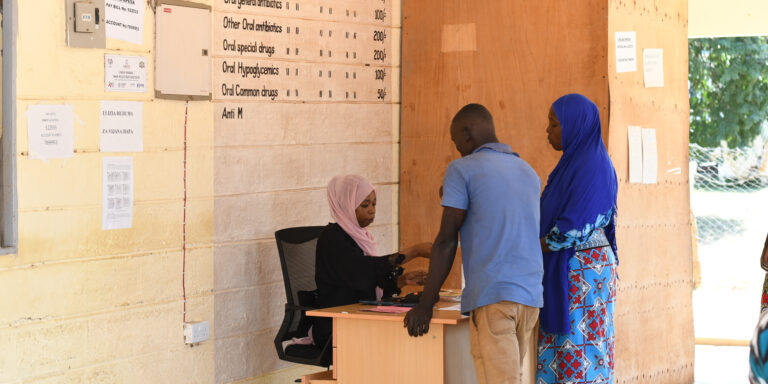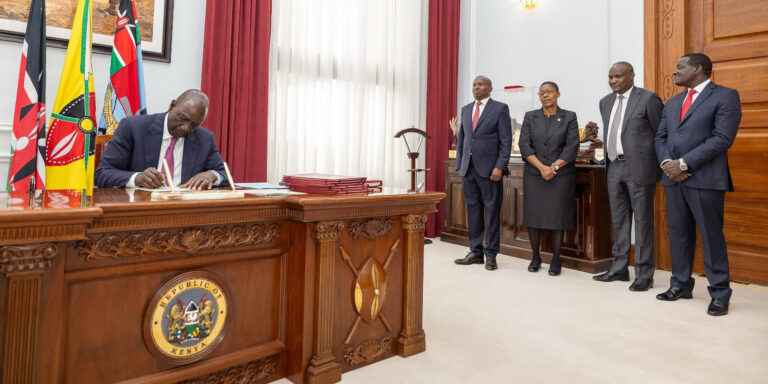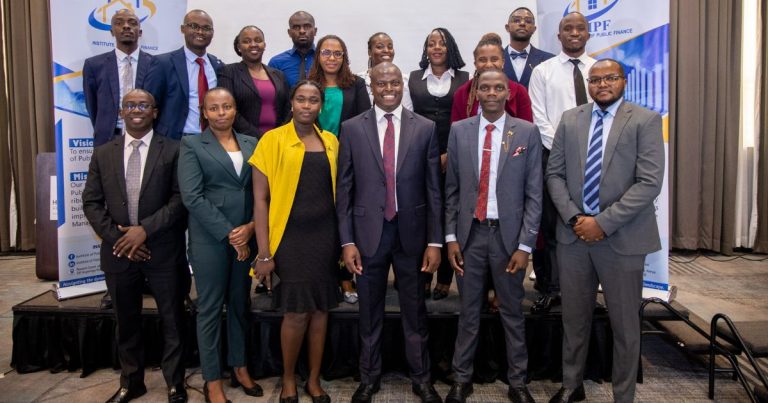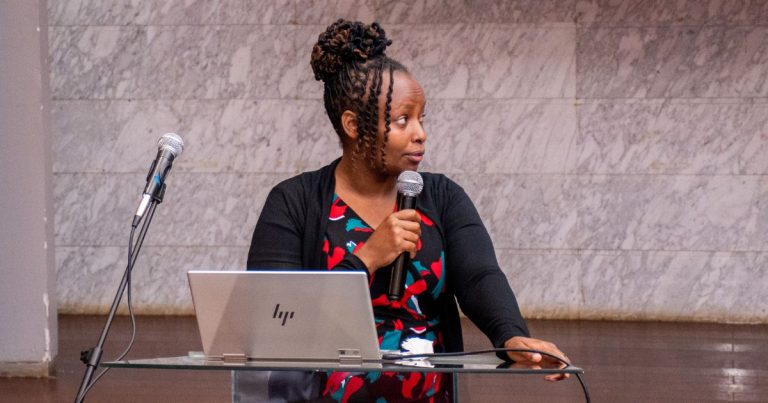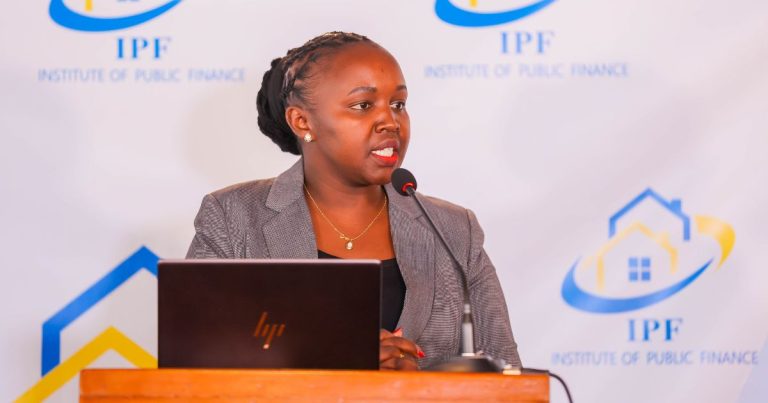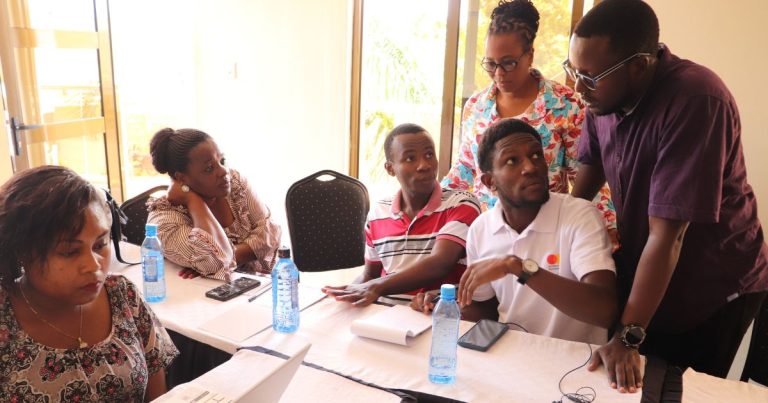If there is any one phrase that has been mentioned over and over in this country since the promulgation of the new constitution, it is the phrase public participation. Across the counties, from Makueni to Kisumu to Kwale, every participant in meetings I have attended seems to feel that the county governments are not involving them in decision-making.
In every decision that government makes, it is a cardinal requirement by the Constitution of Kenya 2010 that people must be involved. Section 104 (4) of the County Government Act calls for involvement of the non-state actors in the planning process of the county. This call for non-state actor’s participation in the planning process in the county is further strengthened by section 137 of the Public Finance Management Act, 2012 (PFM Act). The PFM Act emphasis is on the County Budget and Economic Forum (CBEF) as a mechanism for county-level consultation with the public on matters relating to budgeting, the economy, and public financial management.
In my scouting for ways and means by which the public should participate in the Kenyan governance system, I have not found any other means that is as elaborate as CBEF. The International Budget Partnership, in its 2015 paper, “Devolution in Kenya: The Establishment of County Budget and Economic Forums,” notes that the CBEFs are the only specific, legally required mechanism for public participation in the budget.
While the current process of public input into the County Fiscal Strategy Papers 2016 is ongoing, it is unfortunate that the participation process to be undertaken by the county executive with the support of the bodies like CBEF looks a mere formality in order to meet the criteria for public participation. Some counties have put the call for public participation in the national press while providing no reference to the materials that will be subjected to public scrutiny. While the instance itself of putting the call out for public participation is commendable, the use of a body like the CBEF would go a long way in making the participation effective and meaningful. CBEF members as a quasi-part of the executive in budget making process should have access to these documents early in order to enable them provide strategic direction to their members on how to engage with the county government. Taking the cue from the National Treasury, it is important to note that the National Treasury called for public input and provided the draft Budget Policy Statement so that people could have the basis for engagement while being guided on the possible resources that the country has. And this should be the minimum we should expect from the counties as well.
So what is the situation as regards the County Budget and Economic Forums? While the nomination, composition and functioning of CBEFs remains a challenge, it is imperative to note that without a national framework on public participation the CBEF presents the country with the most ideal opportunity to strengthen the engagement between the county governments and the county residents. The PFM Act notes that CBEF representatives are supposed to be persons representing interest groups embedded in the county and actively involved in driving the county agenda. CBEF members should possess adequate knowledge on matters budget and economics.
These are clear indications that this should not be an opportunity to reward political cronies but an opportunity to strongly involve the county residents in the budget making process. While the county executive holds sway in the appointment of the CBEF members, they should know that the support accorded to the CBEF can be instrumental in ensuring their reach within the county is felt. Agencies like Kenya Private Sector Alliance, Kenya Chamber of Commerce and Kenya Association of Manufacturers jointly with other actors working on entrenching devolution should remain on the forefront in ensuring the representation of interest groups in the CBEFs is firm.
While most counties have established the CBEFs, their operational independence has come into question despite elaborate guidelines by the Commission on Revenue Allocation. The requirements to establish the office of the CBEF secretary is still a dream in Kwale while in Makueni the CBEF is nonexistent and this leads to the question whether there is real interest in the functioning of the forums by the county governments?
So, will we see more and meaningful participation of the county residents in the FY 16/17 Budget process and are the County Budget and Economic Forums (CBEF) going to be provided resources for engagement with the stakeholders they represent? Indeed we expect to see meaningful engagement between the county residents and their government while ensuring that resources allocated for public participation are commensurate to the task.
The Budget preparation process with a focus on County Fiscal Strategy Papers (CFSP) and the Executive Budget proposals (EBP) should have in them clear direction on how the CBEF is expected to engage with the public including on how to monitor the effectiveness of public participation. This, in the end will provide interest groups an opportunity to effectively engage with the county governments on the budget process devoid of political manipulation.



